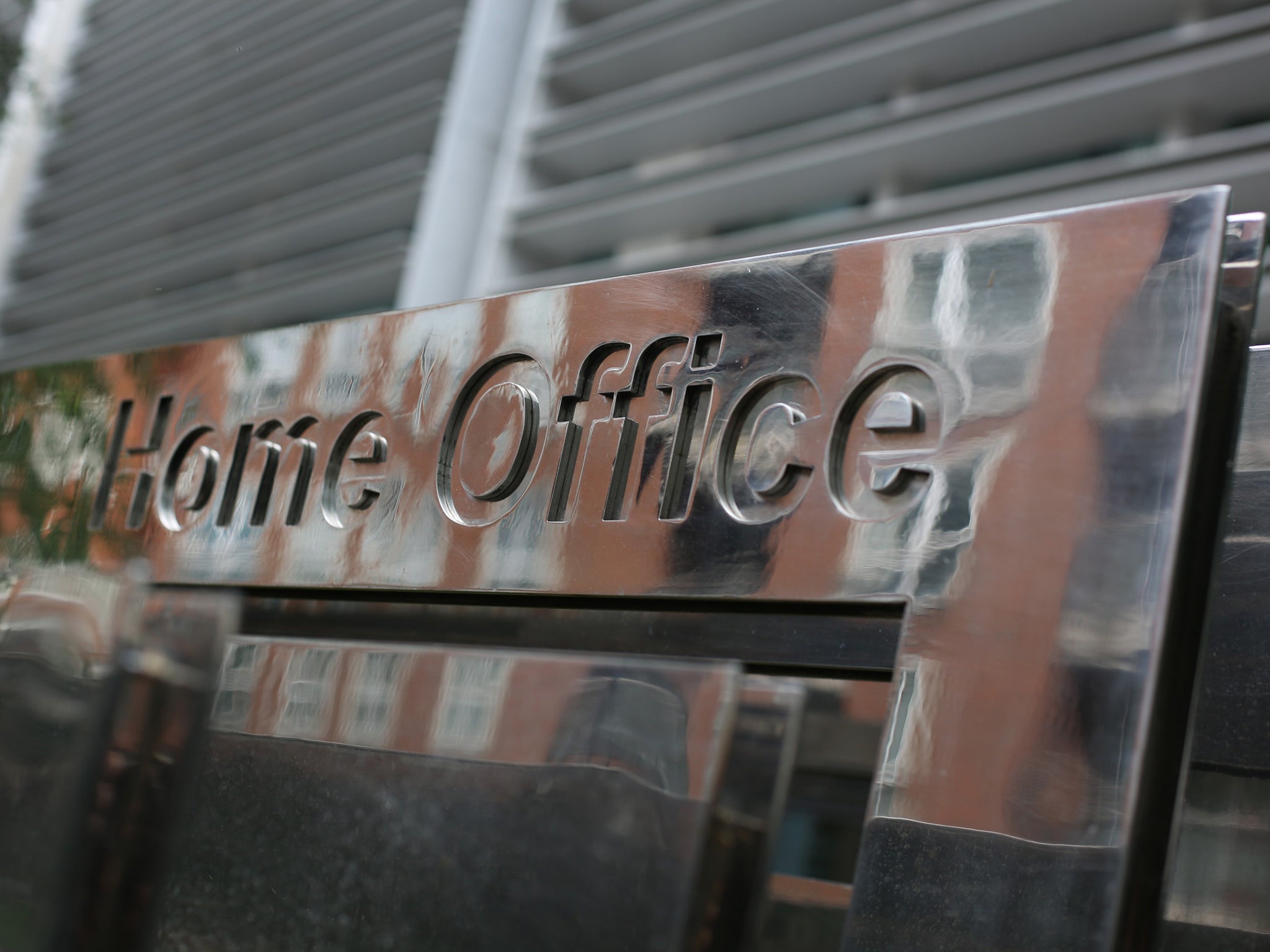The proof that ministers haven’t learnt the lessons from the Windrush scandal
Home Office’s catch-all strategy of brandishing all deportees as serious criminals is a quick way of stripping any public sympathy for them, but it is worryingly far from the truth, writes May Bulman


The Windrush scandal threw a wave of shame over the British public. For a rare moment, a story sympathetic to immigrants made headlines across the media landscape. No one could argue that it was right to strip the rights of people who had called the UK their home for decades.
Nearly two years on, ministers have sought to exile around 50 Caribbean men, most of whom have been in the UK since they were children and whose families are settled here. Many have British children themselves, meaning their removal would force their partners into single parenthood and add to the already-too-high number of fatherless households.
The government claims it has been taking steps to right the wrongs of the Windrush fiasco. Action has been taken, with a taskforce put in place to reinstate the immigration status of those affected and a compensation scheme – though far later than expected – set up in its wake.
Ministers are quick to distance those on the charter flight from this cohort. They emphasise that all of these men are being deported on the basis that they have been convicted of a crime, insinuating repeatedly that each one is a hardened criminal guilty of “very serious offences” such as murder and rape.
This is not the case. Yes, they have all committed a crime at some point in their lives – but the reality is that in many cases, the men are facing deportation for one-time, non-violent offences they committed many years ago, and have since turned their lives around.
Take the case of Reshawn Davis, 30, who came to Britain with his parents aged 11, and was convicted for robbery 10 years ago under the now-unlawful “joint enterprise” rule – for which he spent two months in prison. He hasn’t been in trouble with the police since, and his removal would rip him apart from his British wife of five years and six-month-old daughter.
Speaking from detention, he told The Independent last week: “I’m so stressed out. I can’t even explain how I feel. Yes I was born in Jamaica, but I was brought up here. I don’t know anything else. I made one mistake in life, and it feels like I tried to kill the Queen.”
The Home Office’s catch-all strategy of brandishing all deportees as serious criminals is a quick way of stripping any public sympathy and distancing them from the Windrush victims, but it is worryingly far from the truth.
To truly learn lessons from the scandal, this government must ditch the hostile rhetoric that anyone who was not born in the UK – even if they have created their life in this country – is a second-class citizen.
Join our commenting forum
Join thought-provoking conversations, follow other Independent readers and see their replies
Comments